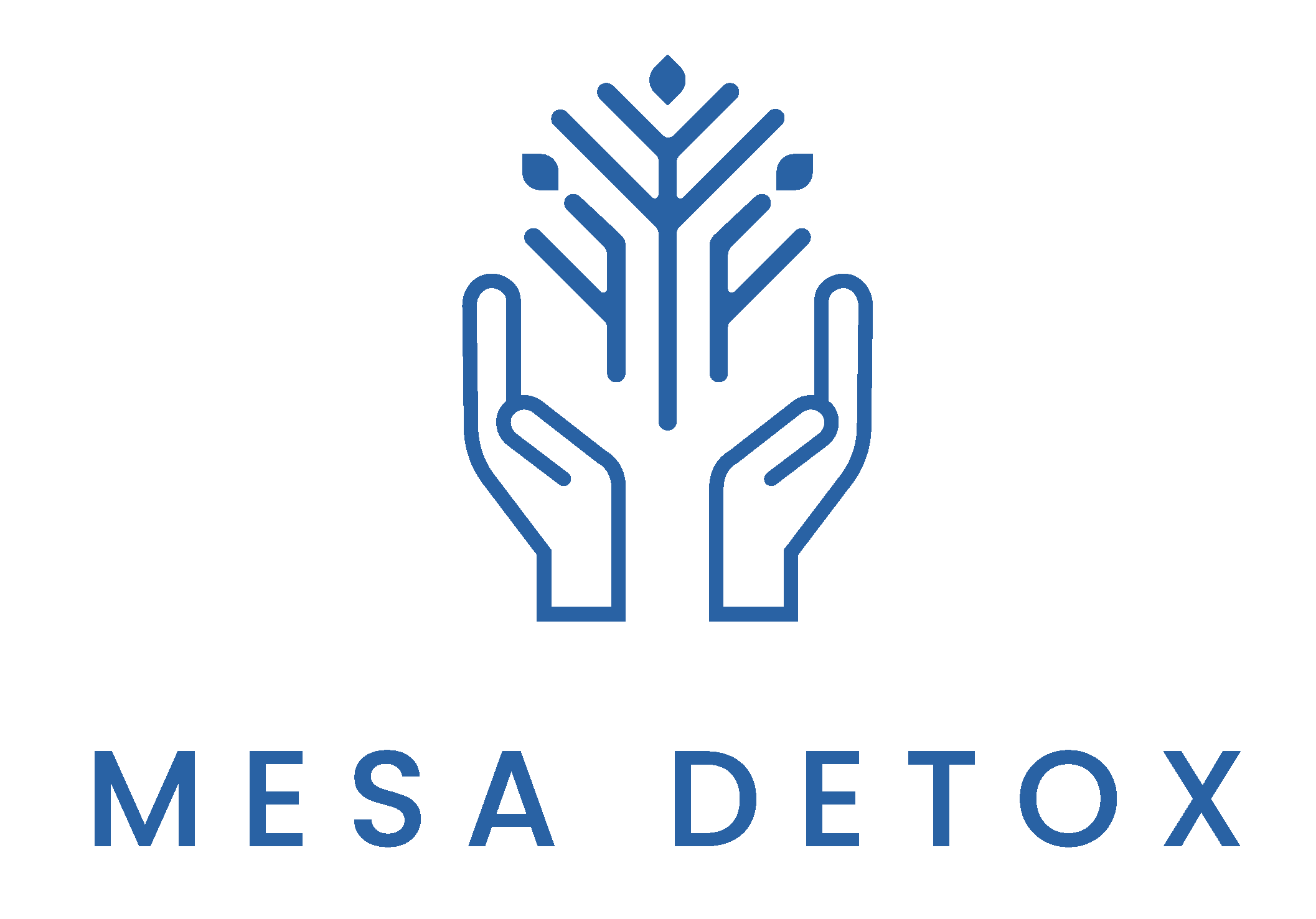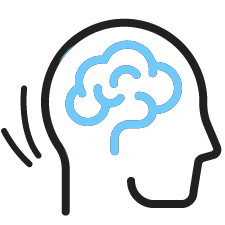Each year, around 1.4 million people in the U.S. report using hallucinogens, with many developing a dependence over time. This addiction can take a serious toll on both mental and physical well-being, leading to unpredictable behavior and lasting cognitive challenges.
While hallucinogens may initially induce euphoria, prolonged use can trigger severe psychological disturbances. Recognizing the dangers and long-term effects of hallucinogen addiction is essential in seeking effective treatment and recovery solutions.










